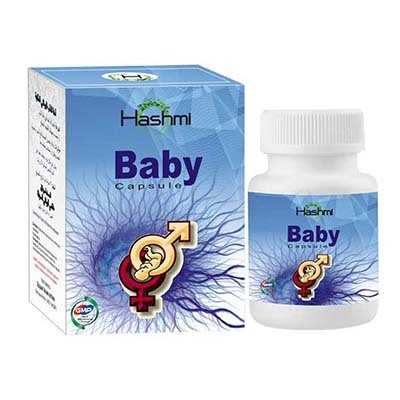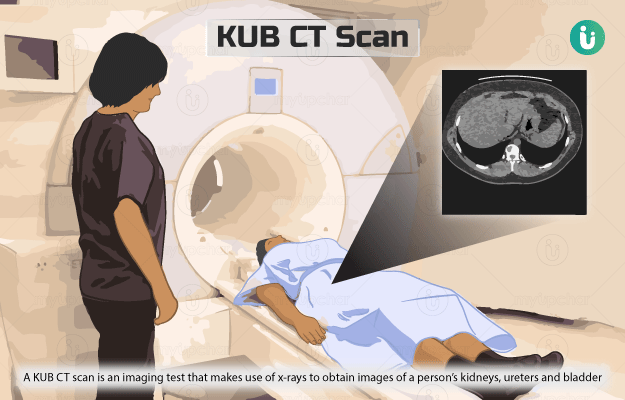What is Cholinesterase test?
Cholinesterases are enzymes that help regulate the normal functioning of the nervous system. They break down a neurotransmitter called acetylcholine so that it does not cause over-stimulation of muscles. However, certain chemicals such as pesticides - if they find a way into our body - can interfere with the functioning of cholinesterase, leading to breathing difficulty and muscle weakness.
A cholinesterase test is done to assess chemical toxicity in the blood caused by such chemicals by measuring the activity of the cholinesterase enzyme.




























